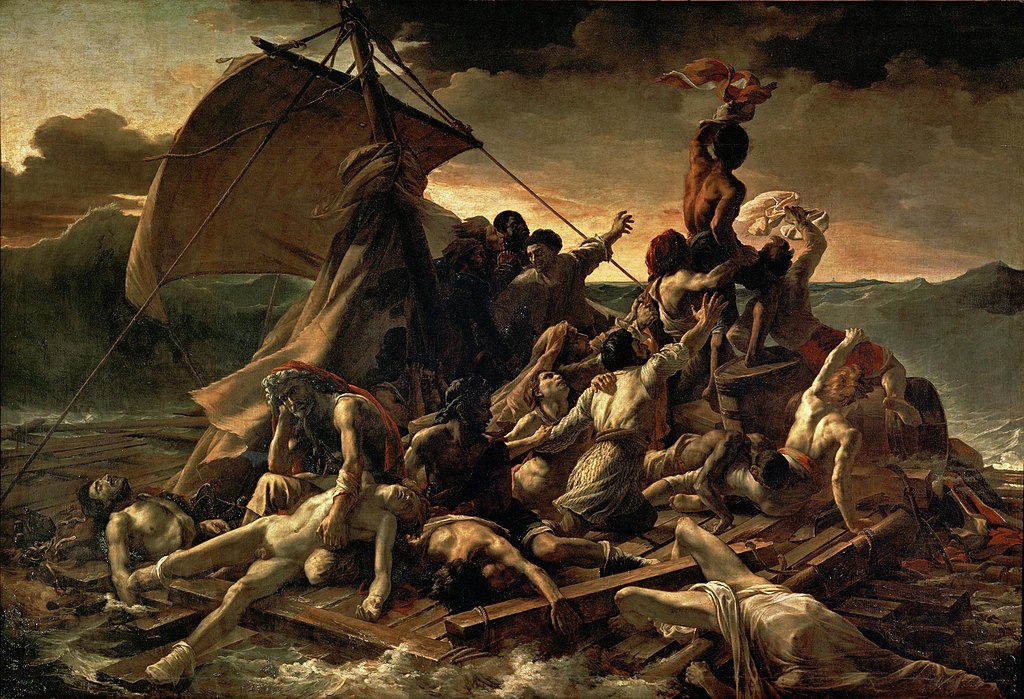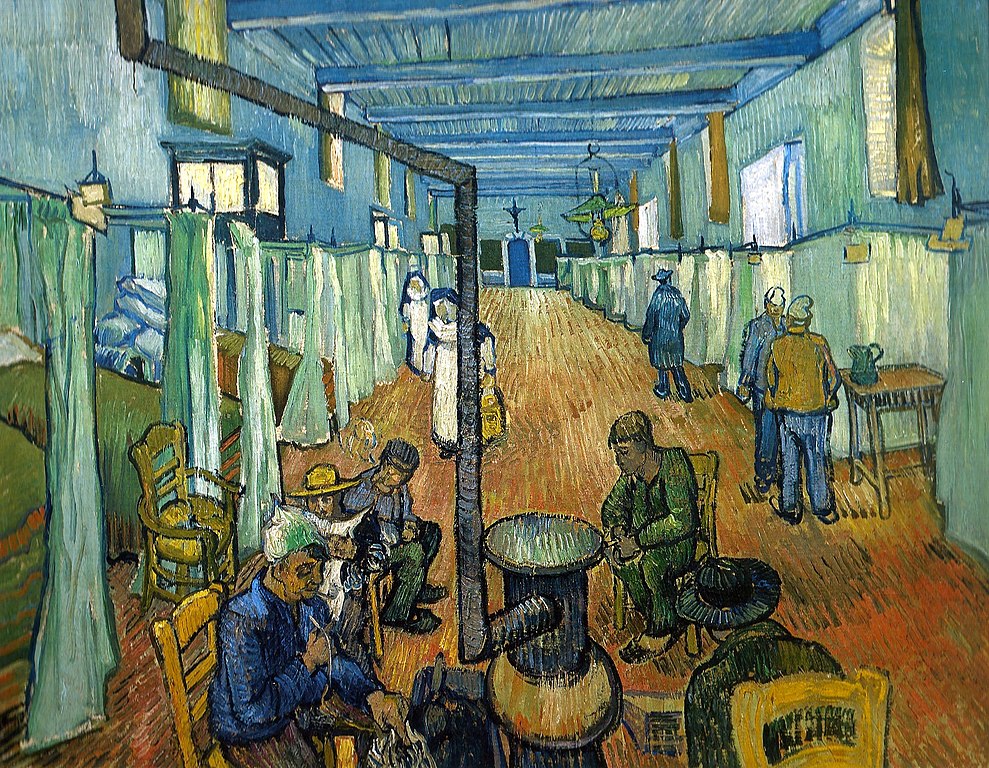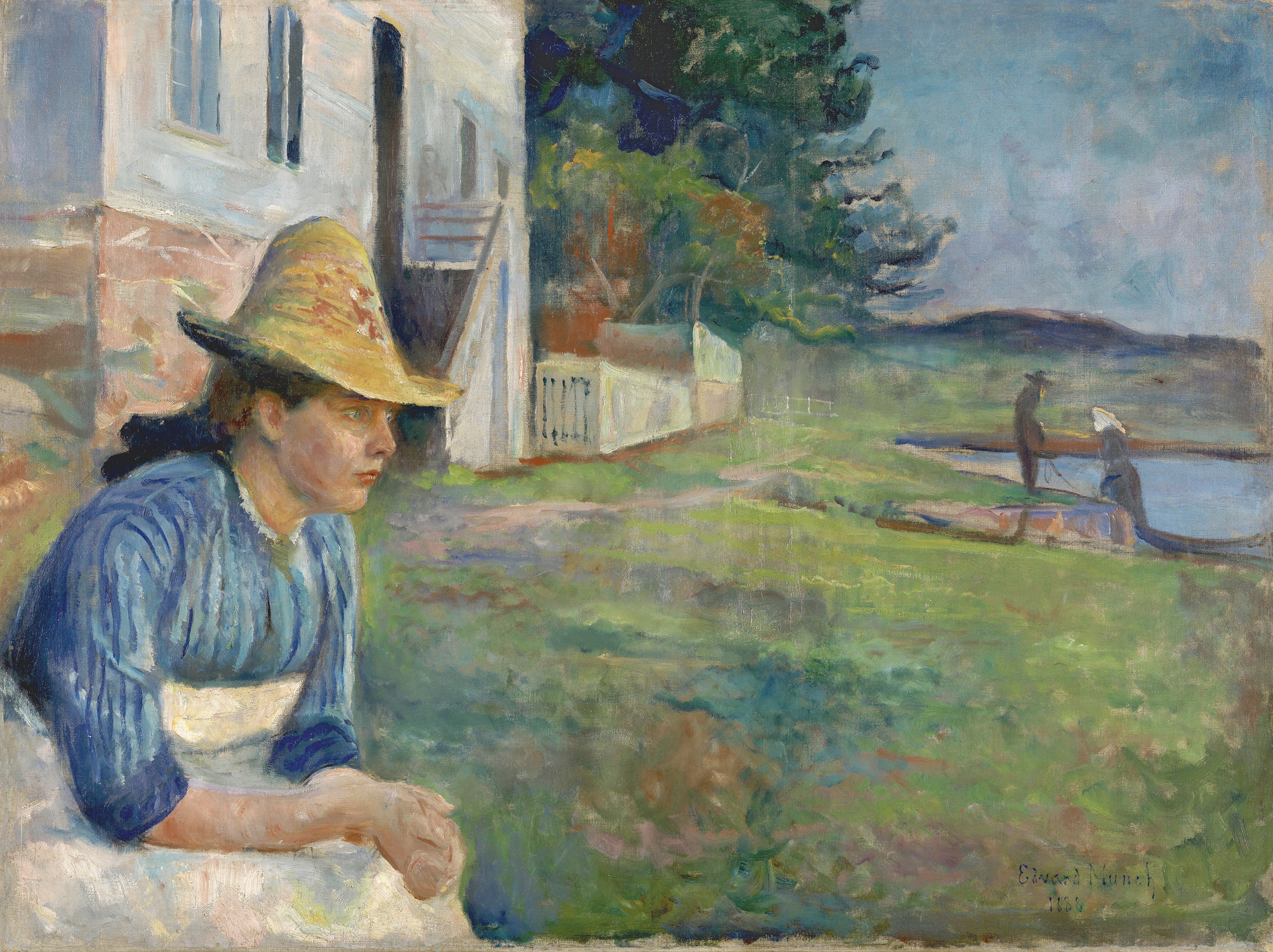
We’re wrapping up the year reviewing what articles were most popular with Seen & Unseen readers. Our final analysis is of the top 10 contributor takes on the year’s events. What did our writers, well, write about?
Two interviews resonated with our readers. One with a volunteer surgeon in Gaza, while the other got to the bottom of what’s kept a veteran politican going. Talking of which, we also gave Joe Biden some advice too.
We reviewed Kier Starmer’s favourite book, praised Sally Rooney’s new opus, and watched a Netflix blockbuster that gave the church a bad name. And took Disney to task for the Disneyfication of the monasteries.
On matters of the mind and heart we took Ted and Taylor to task, while critiquing a dating app's shade-throwing ad.
And, like, our editor-in-chief’s top story, paganism high profile needed investigating too.
Over 170 writers have contributed to Seen & Unseen. Explore them using the Contributor List and their work through our Index of 800 articles.
7 - Stephen Timms: still on mission
The MP on five decades trying to prove a Christian Tory wrong.
Explore more articles on themes in this article: Politics, S&U Interviews.
Read more from this author.
6 - Self-belief: what Ted and Taylor get wrong
Psychologist Roger Bretherton questions whether believing in ourselves is all it’s cracked up to be, despite what culture icons might say.
Explore more articles on themes in this article: Identity, Psychology, Taylor Swift.
Read more from this author.
5 - Shardlake: the Disneyfication of the Monasteries
What works, and doesn’t, translating from page to screen.
Explore more articles on themes in this article: Film and TV. Monastic Life.
Read more from this author.
2 - Eye witness: life and death in Gaza’s European Hospital
Returning plastic surgeon Tim Goodacre reports on the struggles, the despair and the dignity of the people and the medics of Gaza during their long nightmare.
Explore more articles on themes in this article: Gaza, Israel, Middle East, S&U interviews, Suffering, War & peace.
Join with us - Behind the Seen
Seen & Unseen is free for everyone and is made possible through the generosity of our amazing community of supporters.
If you’re enjoying Seen & Unseen, would you consider making a gift towards our work?
Alongside other benefits (book discounts etc.), you’ll receive an extra fortnightly email from me sharing what I’m reading and my reflections on the ideas that are shaping our times.
Graham Tomlin
Editor-in-Chief










